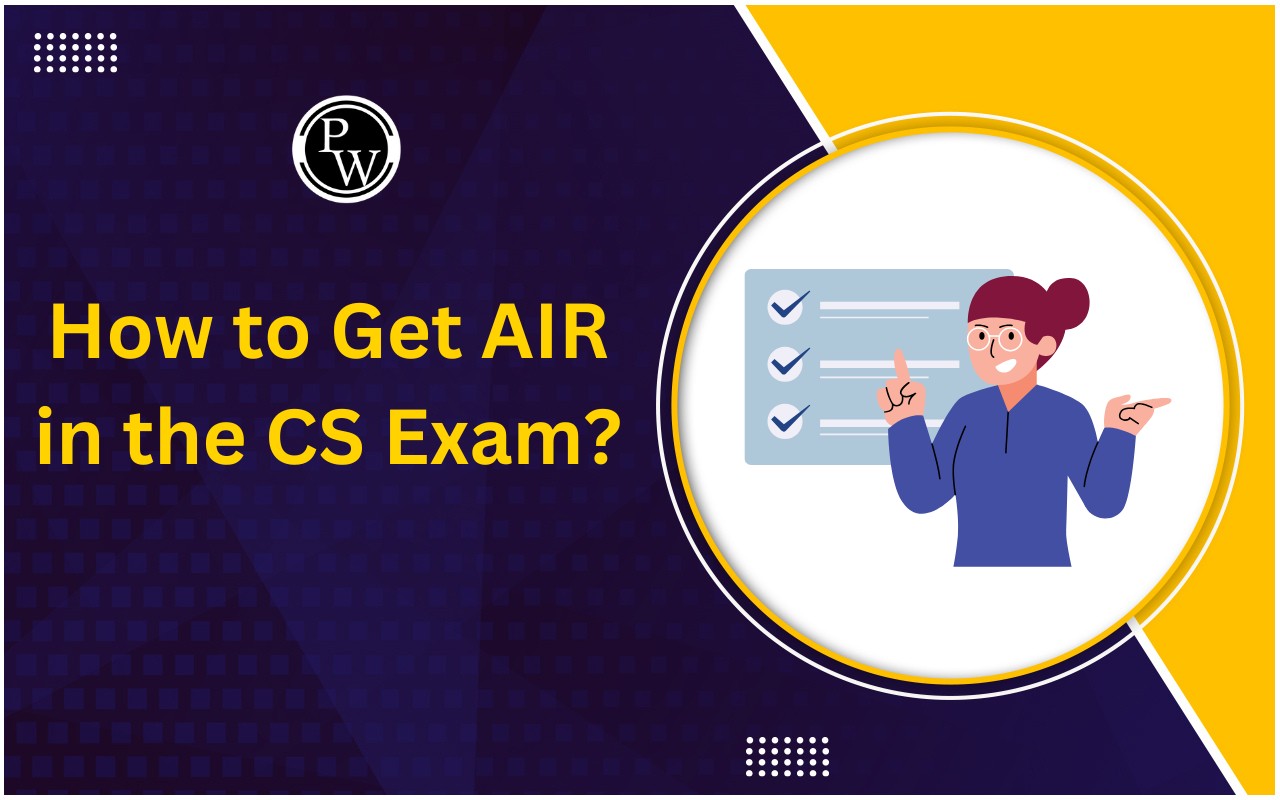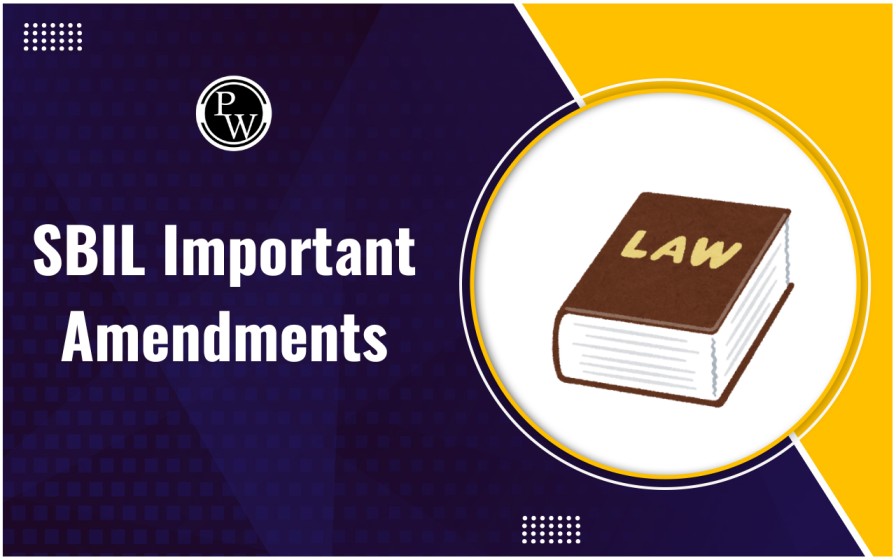
Corporate governance is the foundation of transparency, accountability, and ethical business conduct. In India, the Securities and Exchange Board of India (SEBI) plays a critical role in shaping the governance structure for listed companies. The SEBI Guidelines for Corporate Governance in Listed Companies aim to ensure that firms operate fairly, transparently, and responsibly, safeguarding the interests of shareholders and other stakeholders.
SEBI Guidelines for Corporate Governance in Listed Companies
The SEBI Guidelines for Corporate Governance in Listed Companies are designed to enhance investor confidence, improve transparency, and ensure ethical conduct within publicly traded companies. These guidelines outline various principles, practices, and frameworks that listed entities must follow to ensure effective corporate governance.
SEBI first introduced comprehensive governance norms through Clause 49 of the Listing Agreement, which was later incorporated into the SEBI (Listing Obligations and Disclosure Requirements) Regulations, 2015. These regulations continue to be updated periodically to reflect changing business dynamics and global standards.
Objectives of SEBI Guidelines for Corporate Governance in Listed Companies
The primary goal of the SEBI Guidelines for Corporate Governance in Listed Companies is to create a robust framework that enhances trust and ensures companies act in the best interests of all stakeholders. These guidelines focus on:
- Promoting ethical business practices
- Enhancing transparency and accountability
- Improving the quality of disclosures
- Ensuring the independence of the board
- Strengthening the role of audit committees
Key Provisions under SEBI Guidelines for Corporate Governance in Listed Companies
The SEBI Guidelines for Corporate Governance in Listed Companies provide a detailed roadmap for good governance. Some of the essential provisions include:
1. Board Composition
According to the SEBI Guidelines for Corporate Governance in Listed Companies, the board of directors must include a mix of executive and non-executive members, with at least one woman director. Independent directors must comprise at least one-third of the board if the chairperson is non-executive.
2. Audit Committee
The guidelines mandate the formation of an audit committee consisting of independent directors. The audit committee must oversee the financial reporting process, audit practices, internal control mechanisms, and compliance with legal and regulatory requirements.
3. Nomination and Remuneration Committee
This committee is responsible for evaluating board performance, recommending appointments, and setting the remuneration of directors and senior management.
Also Check: The Role of Company Secretaries in Ensuring SEBI Compliance
4. Risk Management Framework
The SEBI Guidelines for Corporate Governance in Listed Companies stress the importance of a well-defined risk management policy. Companies must identify, evaluate, and mitigate various business risks that could impact operations and stakeholders.
5. Whistleblower Mechanism
A robust whistleblower policy must be in place to allow employees and other stakeholders to report unethical practices without fear of retaliation.
6. Disclosure and Transparency
Timely and accurate disclosure of financial and operational information is essential under the SEBI Guidelines for Corporate Governance in Listed Companies. These disclosures must be made through annual reports, company websites, and stock exchanges.
Impact of SEBI Guidelines for Corporate Governance in Listed Companies
The introduction of the SEBI Guidelines for Corporate Governance in Listed Companies has led to several positive developments in the Indian corporate sector:
- Improved investor confidence
- Stronger internal controls
- More effective board oversight
- Enhanced focus on shareholder rights
- Greater accountability among directors and management
Companies that align with the SEBI Guidelines for Corporate Governance in Listed Companies often experience improved brand reputation, increased capital inflow, and a more sustainable business model.
Challenges in Implementation
While the SEBI Guidelines for Corporate Governance in Listed Companies offer a structured framework, implementing them can pose challenges:
- Difficulty in finding qualified independent directors
- Resistance to adopting transparent practices
- Lack of awareness among smaller companies
- Additional compliance burden
Despite these hurdles, a growing number of companies are embracing the SEBI Guidelines for Corporate Governance in Listed Companies, realizing the long-term benefits of strong governance.
Future Prospects
The SEBI Guidelines for Corporate Governance in Listed Companies continue to evolve in response to global trends, market expectations, and regulatory developments. As sustainability and ESG (Environmental, Social, and Governance) factors gain prominence, these guidelines are expected to incorporate more stringent requirements related to climate risk disclosures, diversity, and ethical leadership.
Companies that proactively align with these evolving norms will not only ensure compliance but also build a foundation for long-term success.
The SEBI Guidelines for Corporate Governance in Listed Companies serve as a cornerstone for ethical, transparent, and accountable business practices in India. By adhering to these norms, listed entities can protect stakeholder interests, attract investments, and foster long-term value creation. With continuous updates and strong enforcement, the SEBI Guidelines for Corporate Governance in Listed Companies will remain a pivotal element in India's corporate governance landscape.
Whether you're a business leader, investor, or student of corporate law, understanding the SEBI Guidelines for Corporate Governance in Listed Companies is crucial for navigating today's complex and dynamic market environment.
Join PW CS Online Courses and build a strong foundation in corporate laws and governance with structured learning and dedicated support.
SEBI Guidelines for Corporate Governance in Listed Companies FAQs
Are all listed companies required to follow SEBI corporate governance norms?
What is the role of independent directors under SEBI governance framework?
How does SEBI enforce its corporate governance regulations?










